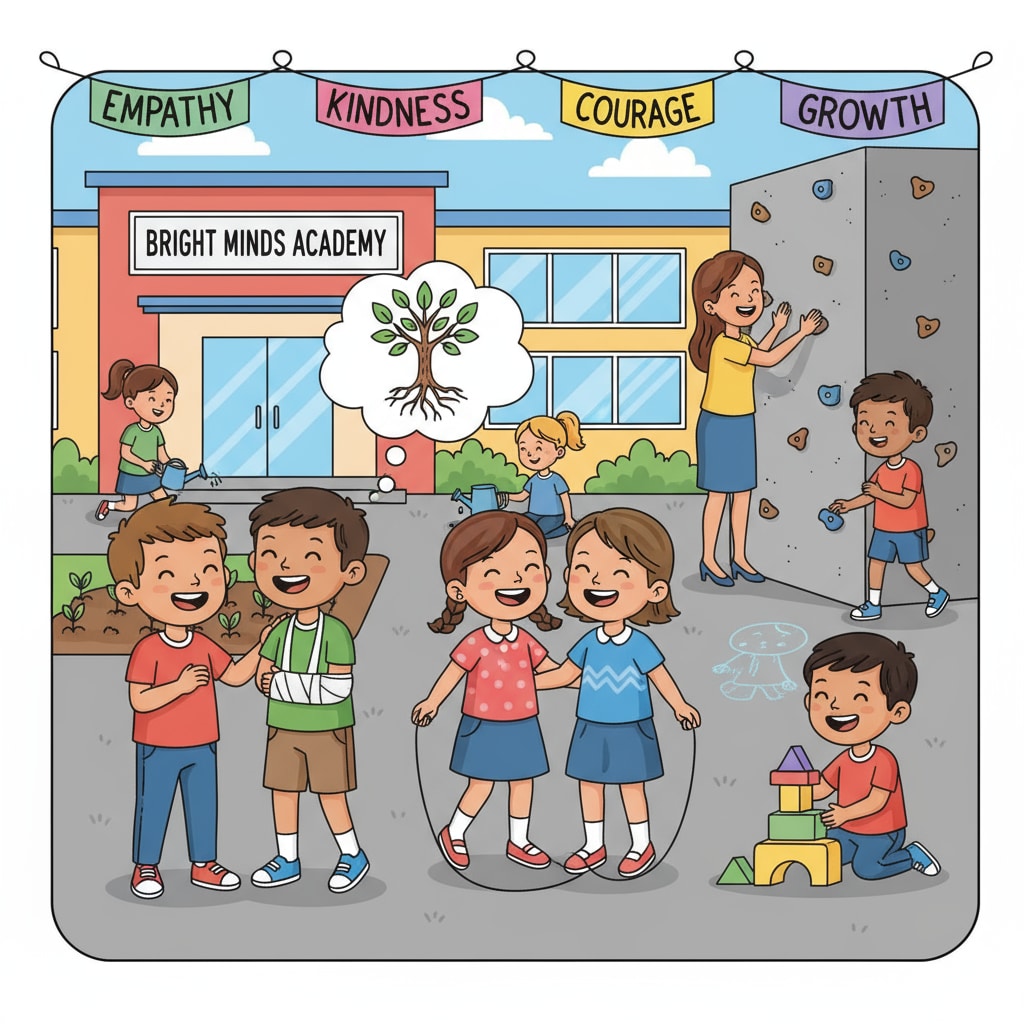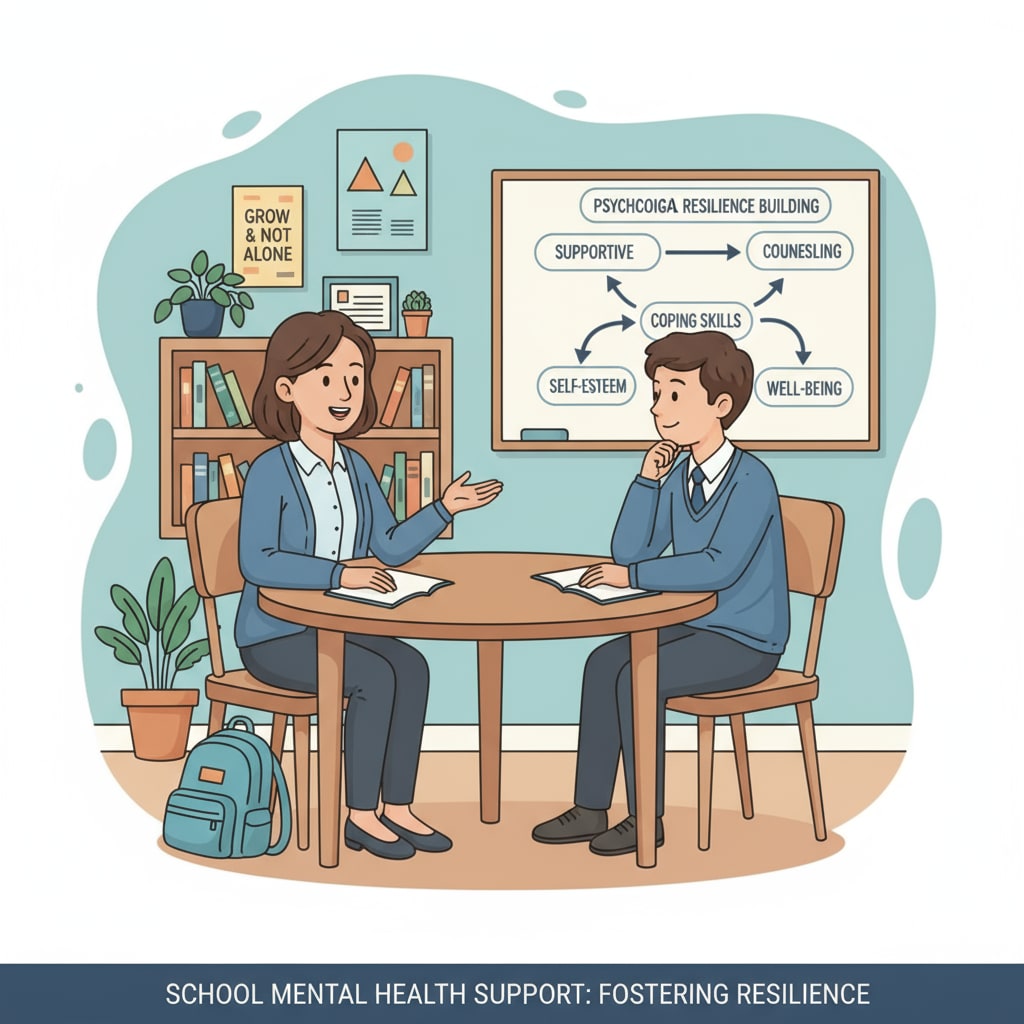In the field of modern education, the concepts of school responsibility, psychological resilience, and family education are intertwined. As children navigate through their formative years, it’s essential to clarify the boundaries between the roles of schools and families in cultivating psychological resilience.

The Expanding Role of Schools
In recent times, schools have witnessed an expansion of responsibilities. They are now expected to handle not only academic instruction but also aspects of students’ mental well-being. For example, many schools have introduced mental health programs. However, this expansion raises questions. Are schools truly equipped to take on all these additional tasks? According to American Psychological Association’s resources on school psychology, while schools can offer some support, there are limitations.

The Indispensable Role of Family Education
Family education serves as the foundation for a child’s psychological development. Parents are the first teachers, and the home environment has a profound impact on a child’s resilience. A loving and stable family provides emotional security. As stated on Child Mind Institute’s page on building child resilience, family interactions, like open communication and shared experiences, contribute significantly to a child’s ability to bounce back from difficulties.
To conclude, both schools and families have unique and irreplaceable roles in cultivating children’s psychological resilience. It’s crucial to define the boundaries clearly to ensure that children receive the most effective support for their mental growth. By understanding these boundaries, we can better prepare children to face the challenges of the future with confidence and strength.
Readability guidance: The article uses short paragraphs to present ideas clearly. Each section focuses on a key aspect of the relationship between school, family, and psychological resilience. Transition words are used to connect ideas smoothly, and external links provide reliable references.


